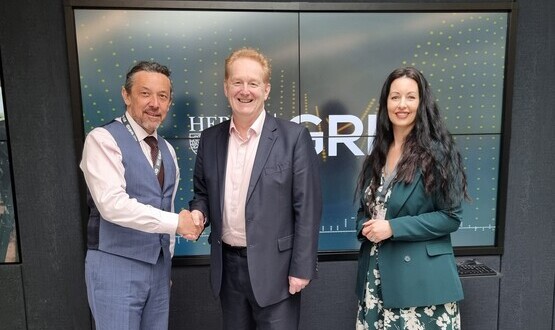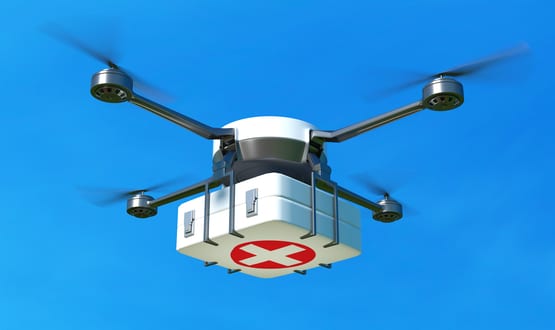Scotland links Orion clinical portals
- 14 April 2016

West of Scotland’s health boards plan to share information by connecting their Orion clinical portals, creating a regional view of patient records.
Phase one is about to go-live and will connect NHS Greater Glasgow and Clyde’s portal with NHS Lanarkshire's. Others are expected to follow on, ultimately bringing them together into a single, regional platform.
The implementation of portals formed a key plank of the Scottish eHealth Programme that was drawn up almost a decade ago, and has since been revised at least twice.
Glasgow’s director of health information and technology Robin Wright estimated around half of the population of Scotland is covered by an Orion portal, with the product in use at seven health boards.
The linked portals will initially provide a read-only view of patient information, with role-based access and each board deciding what information to make available.
Wright said this was something that clinicians have been requesting for a long time, as patients are increasingly traversing health boards, particularly for specialty treatment such as cancer therapy.
One of three chief clinical information officers at the Glasgow board, Paul Campbell, said the need for better access to patient information is a constant theme amongst clinicians.
Being unable to see information held within a different board means doctors have to repeat tests and reviews and therefore access to the other portals should reduce waste in the system, he explained.
Clinicians will access the other portals via an embedded button in their Orion system and consent to do so will be required by the patient at the point of care.
Greater Glasgow and Clyde was one of the earlier adopters of the Orion portal technology, which it started rolling out beyond acute care in 2012.
It has now invested in two new modules from Orion Health; ‘medicines reconciliation’ and ‘problem list’; and is adopting ‘healthcare pathways’ to support care coordination and patient transfer and handover.
Wright explained: “We realised we had got to a stage with all our systems where we needed to move away from transactional stuff towards a more coherent clinical workflow.”
After some proof of concepts around care of the elderly using Orion clinical pathways, it went with that solution in January. Roll-out will be over this financial year.
The medicines reconciliation process is currently done on an electronic form. However, Glasgow does not do electronic prescribing, so this information is often transferred to a paper card. This makes it difficult to make further use of it, Wright explained.
The process will now be done within the Orion portal, which clinicians use routinely, and means medicines information can be updated and changed.
“Within Orion, it will be a much more ongoing, living, dynamic document to chart who made a change to a medication and why. The history of that goes on forever, rather than just one point in time,” said Wright.
“It’s far more beneficial and safer and we hope to feed some of that into discharge information back into primary care.”
Campbell said the ‘problem list’ functionality focuses on current patient problems and follows the same user interface as ‘medicines reconciliation’. This means clinicians can see who has said a patient has a particular problem as well as any alerts relating to them.
He said ensuring alerts and allergies information is up-to-date is a constant struggle and having a trail showing who has entered what information when will improve this.
“Certainly, over time, we envisage that this functionality will remove the need for paper notes.
We are still doing more scanning than we would like, and we think with the pathway functionality and links to electronic forms we’ll move towards much more of a paperless environment,” said Campbell.
“It is doctors who have made the decision to go down this route and we will be expecting doctors to use the investment we have made.”




